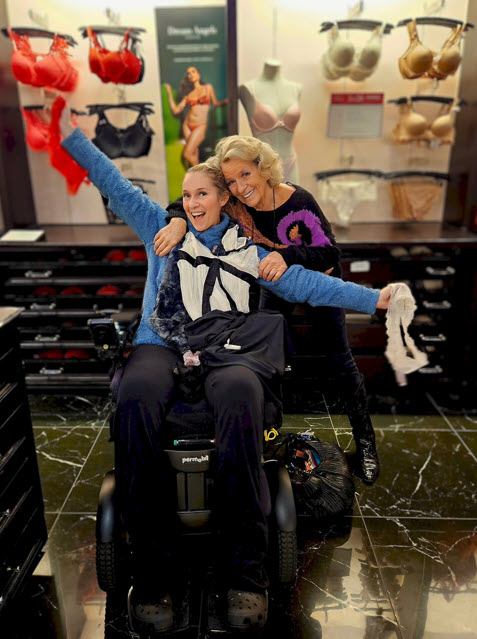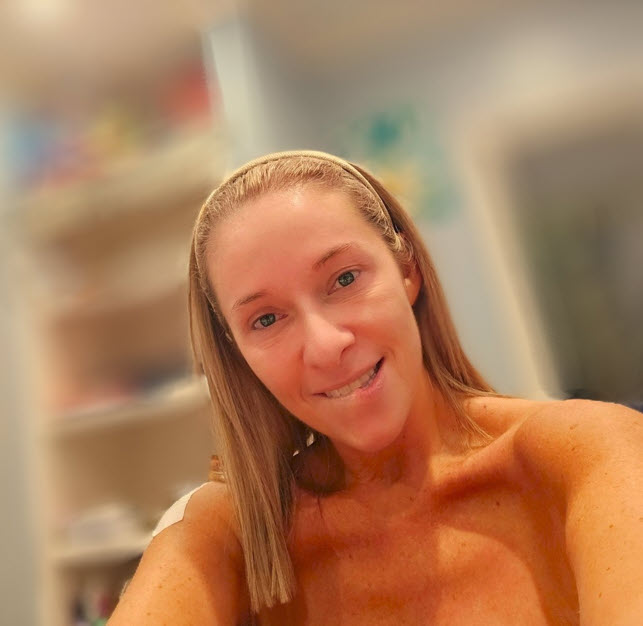
The Early Years of Sexuality
Up there on the list with chatting about money and politics, sex is such a taboo topic. I grew up in Europe with a very open-minded family and a very open culture with respect to talking about sexuality and running around half naked until I was in my mid-20s.
I never used to wear a bikini top because my German mother told me that tan lines were unattractive. I believed her. I went around most my life with no bikini top until I went on spring break in college and my girlfriend told me that if one more guy looks at my breasts, they’re going to send me home. Alas, I purchased my first bikini top in Cabo St. Lucas. It made me quite sad actually.

I’ve always been quite a sensual and sexual person in my life as I was taught from a young age it is not something to be shied away from, but responsibly explored. In university I learned you just don’t talk about these kinds of things in public as I had been accustomed to. This isn’t to say that everyone in college was not having sex in some kind of closet dorm room, because they were, they just didn’t talk about it.
When I would talk about sex, I got labeled some very nasty sexist derogatory terms by many. So, I stopped talking about it and started keeping it to myself. As the years went on I started to not really care what people thought about my sex life. This happened sometime in my mid-20s or so.
Sexuality and Disability
Then … I broke my neck at 27. I’ll leave aside the fact that most rehab gyms do not do a brilliant job at educating many of us new wheelchair users on some of the best practices on things such as bowel and bladder, but sex education is woefully under taught if at all.
I’ve noticed over the last few years disability representation as it relates to sexuality in society is definitely making forward moving advancements, but there still a stigma around talking about or viewing people with disabilities as sexual beings.
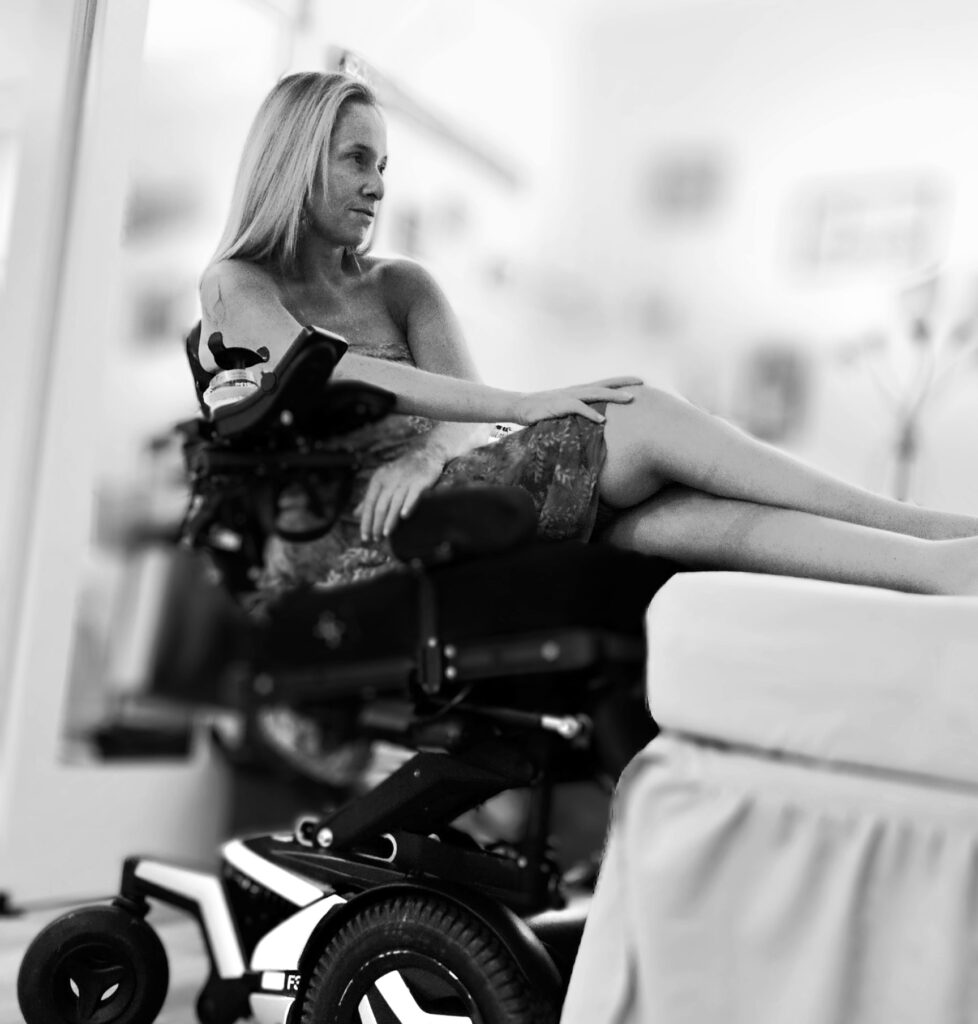
I assure you – we are! Many of us – despite having to live life in an adapted way, especially our sex lives. It’s so natural. It’s part of life just like going to the bathroom. It’s not just about reproduction, but as conscious human beings we have the ability to receive pleasure as well.
When I was first injured, I did not look at myself as a sexual being anymore. It took years of changing my thinking and building my own confidence to realize that I am just as sexy as an able-bodied person, but just have to do things differently. Not every man or woman is going to be okay with a disability, but the way I look at it is that I wear my disability on the outside front and center. I weed out a lot of superficial people that may take months to figure out they are not for me simply because they are not willing to look beyond the physical differences in how I have to have sex. That’s okay. It does not make me sad or mad because it’s just about statistics and a numbers game with respect to finding the right partner.
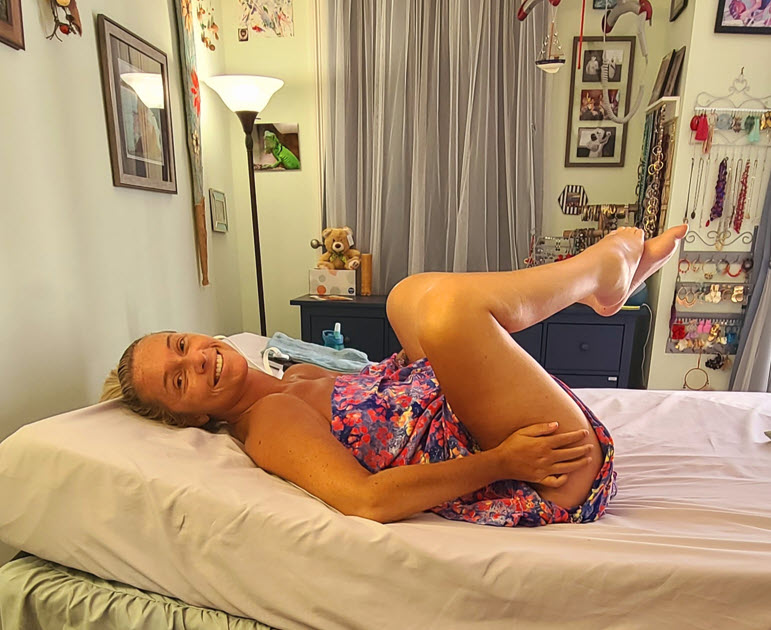
The Science of Sex
I didn’t realize until I sustained a spinal cord injury that the bladder, bowel, and sexual nerves are all wrapped around the bottom area of the tailbone. What this essentially means is that all of these three functions are affected no matter what level of spinal cord injury you have. No two injuries are the same, everyone I know in wheelchairs feels sex differently or in their own ways, and have to find what works for them personally. There is no one-size-fits-all.
Interestingly, the NIH does not fund much research on sexual function for wheelchair users, but quite a lot on bladder and bowel. I’ve spoken with hundreds of different wheelchair users, especially newbies who have just been injured, and I always receive a few questions from the women I mentor:
“How do I have sex? How do I put on my makeup? How do I look cute and feel like a girl in a wheelchair?”
We get to all the medical stuff as it comes up, but really most of us just want to get back to living as normal of a life as we can, improve our quality of life, independence, and go about our daily lives just like anyone else. Many people may find this inspirational, which turns into inspiration porn, but this is about trying to make the most of a life that is filled with enough challenges in and of itself.
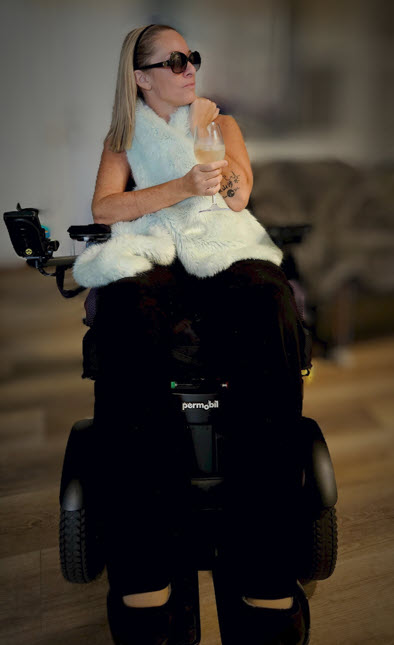
When I finally started to discover my sexuality after several years of no sex after my accident, I thought I was superwoman. I’m very flexible, workout, eat healthy, and so I thought I could bend my legs as far back as they would go. Yes, this did not end well for me as I ended up in the emergency room with a broken tailbone because my legs bent behind my ears. Don’t try that at home.
I continued to experiment over the years to figure out what works for me, my body and my partner. It’s so much more powerful and intimate when you have two people who are open to talk about sex, and try new things together.
Paraplegics, paralyzed from the waist down, have their own experiences. However, there is a big difference between incomplete and complete injuries. In short, an incomplete injury means that there are still active nerve signals going below the level of your injury and you will feel sex differently.
ORGASMS
The question I receive more often than not that most people don’t want to talk about, but they really want to know about. No, many of us quadriplegics who have complete injuries, meaning that we have little to no sensation below the level of our injury, do not feel sex in the same way from a physical skin to skin perspective.
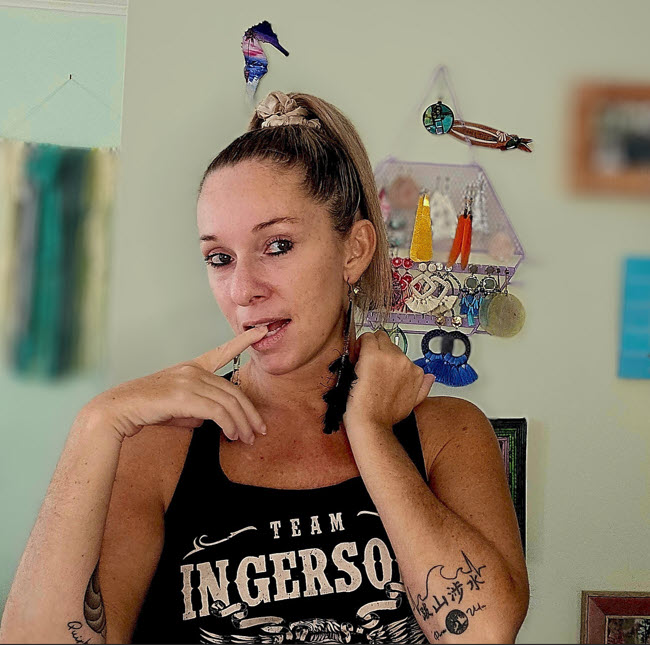
I can only talk about my authentic lived experience of sex with my specific disability as a C6 complete quadriplegic. I don’t feel sex in the traditional way. When I have sexual intercourse, I feel changes in blood pressure. This is normally very dangerous for a number of medical reasons, which I will not dive into at the moment. This is an article about sex after all.
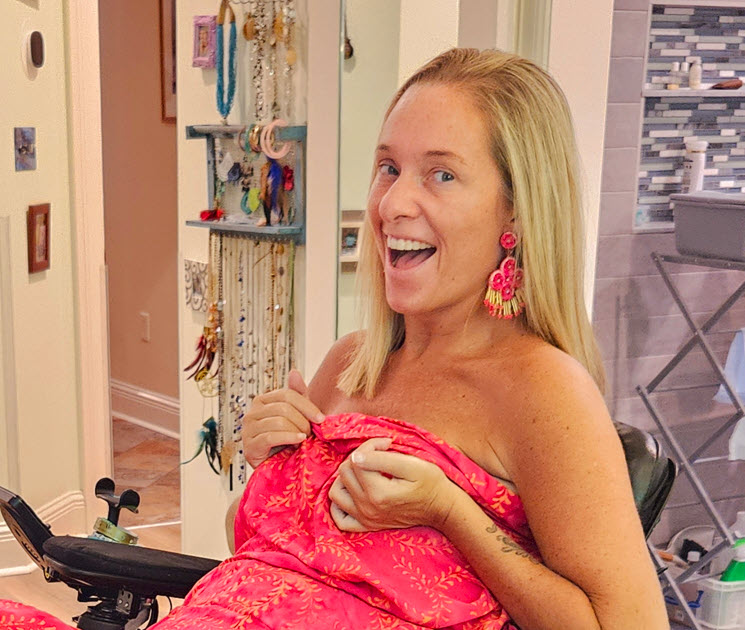
Through intense meditation for several years on end I literally learned through a concept called Neuroplasticty (neurons that wire together fire together) to retrain my brain to change these feelings of raised blood pressure into feelings of intense tingling to my body through the release of endorphins, serotonin, and oxytocin. It feels like an orgasm, but it’s different. Everyone feels orgasms differently, so I’ll probably just leave it at that 🙂
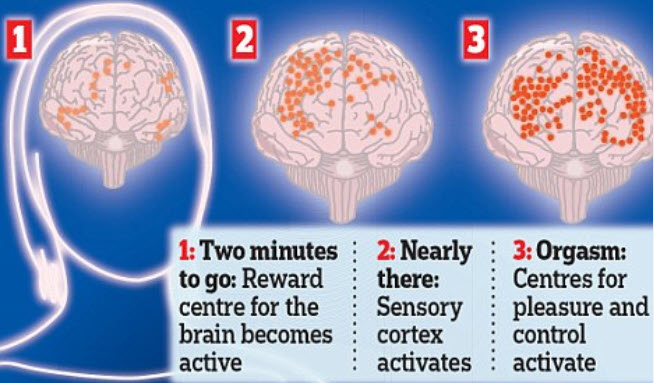
What am I talking about?
What is an orgasm?
However you choose to engage in intimacy or sex, which results in an orgasm, your body does not orgasm. Your body is actually not that intelligent. It is your brain sending signals to your body through erotic zones to tell your body that this feels great. Therefore, the most powerful and complex organ in your body, the brain, that has the ability to allow you to feel pleasure or happiness or sadness or depression.
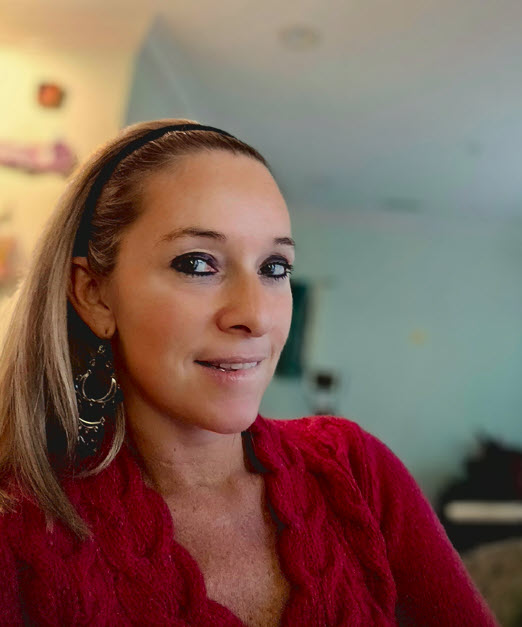
So, through intense meditation I literally re-trained my brain to make the changes in my blood pressure feel good for a certain amount of time, change erogenous areas generally found in the genitals to areas such as my neck and ears. Just like meditation or eating right or working out, it takes work. I was determined though because I am a very sensual person and very open about these kinds of things.
In the Name of Research …
In the name of research, I often experiment. I have people that reach out to me on a regular basis asking me if this position or that position might work as they are just starting to explore their sexuality after their injury. In full disclosure because I’m the scientist in my own life, I practice some of these positions for them and report back. I like to help humans in every capacity even in their sex lives. I don’t discriminate about what kind of help they would like.
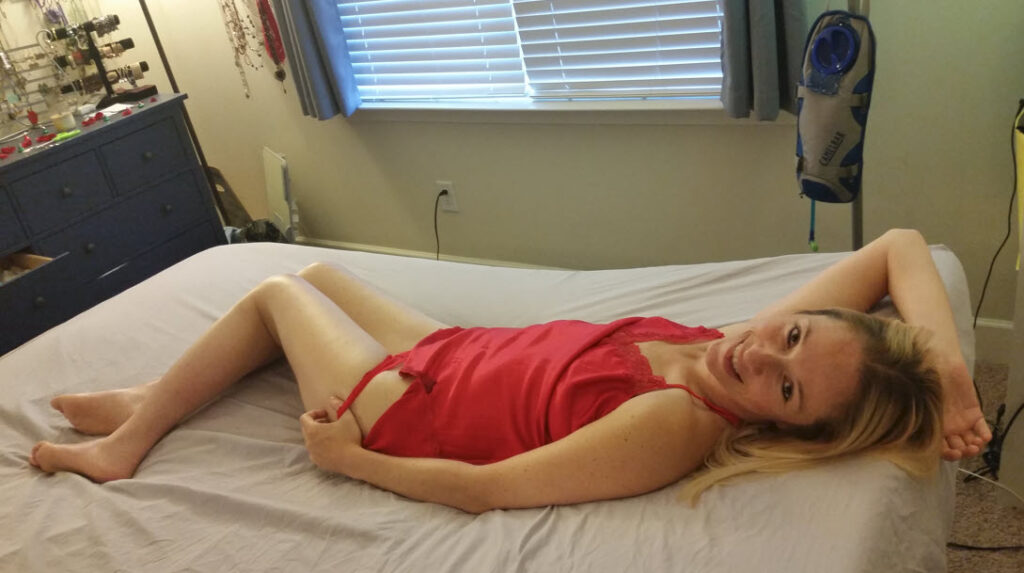


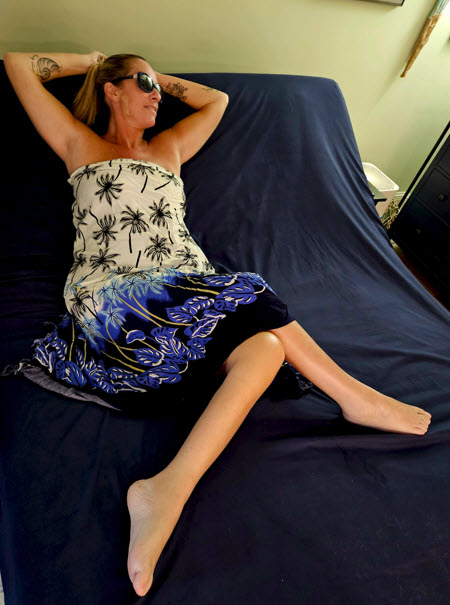
A Video Experiment
Having said that, I’ve decided to do something slightly racy and I’m not entirely sure how it will be received, but you know what, I’m doing it anyway. In the next week or so I’m going to make a “Safe Sex” YouTube video with my caregivers. Stop what you’re thinking right now. It’s definitely not what you’re thinking 😉
We are going to be fully clothed, but I’m going to have one of my caregivers position me in several safe sex positions for beginners to try at home to ensure that they don’t injure themselves. I don’t want anyone breaking their sacrum like I did because they didn’t know what the hell they were doing. I have amazing caregivers, so one of them will be filming and the other one will be my educational partner in this endeavor.
I recently looked at a lot of disability YouTube videos on sex, relationships, and intimacy. These videos consistently get the highest number of hits, even my own videos. I’ve never done a video like this, but if it goes over well, I’ll continue to make more for education, advocacy, and so people don’t feel so alone or ashamed to talk about things, try things, and experiment.

Changing Social Stigmas
So many of us in the disability community are consistently trying to prove our self-worth with our skill sets in the professional world and not just be inspirations because of our paralysis or feel the need that people need to fix us. In the bedroom, I want folks to feel comfortable and know that with the right partner anything is possible. Don’t get me wrong, you are going to positively & absolutely have embarrassing moments together.
Beyond Sex – Intimacy
This brings me to my last point of intimacy. We all know intimacy is not just about sex. It goes much deeper. I do not have pleasurable sex in general with people I don’t feel a connection to. I was like this before my accident and it just compounded afterwards. When I find a partner who is okay with the disability and understanding anything can happen at any moment from bowel or bladder issues to blood pressure issues… I feel more comfortable and relax more.
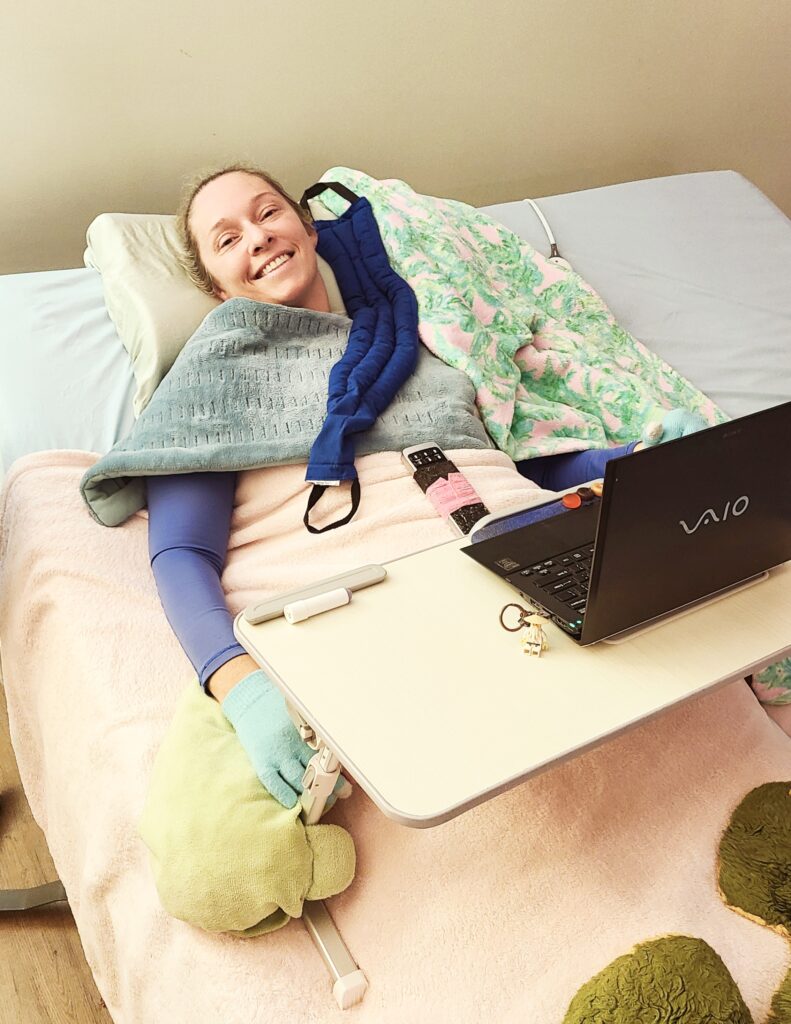
Also, my brain gets just as much intimate connection from a partner by snuggling up like Eskimos and looking ridiculous together as we sleep. This is just as intimate for me as sex as well.
I had this one gentleman over one night who kneeled on my catheter clip and disconnected the tube from the catheter. I peed all over him. It will most definitely happen again, but I thought to myself I have two choices. In the past I would’ve been mortified and kicked him out of the room. This time we decided to laugh about it and I decided to just go with the flow. Literally apparently!
I remained calm, he remained calm, we laughed, it was a story. You know me by now if you read my website regularly — do it for the story. We just don’t know what tomorrow will bring.
Much more on sexuality and disability to come in the coming months. Please don’t hesitate to pop comments below if there are specific topics you’d like me to cover as well.
